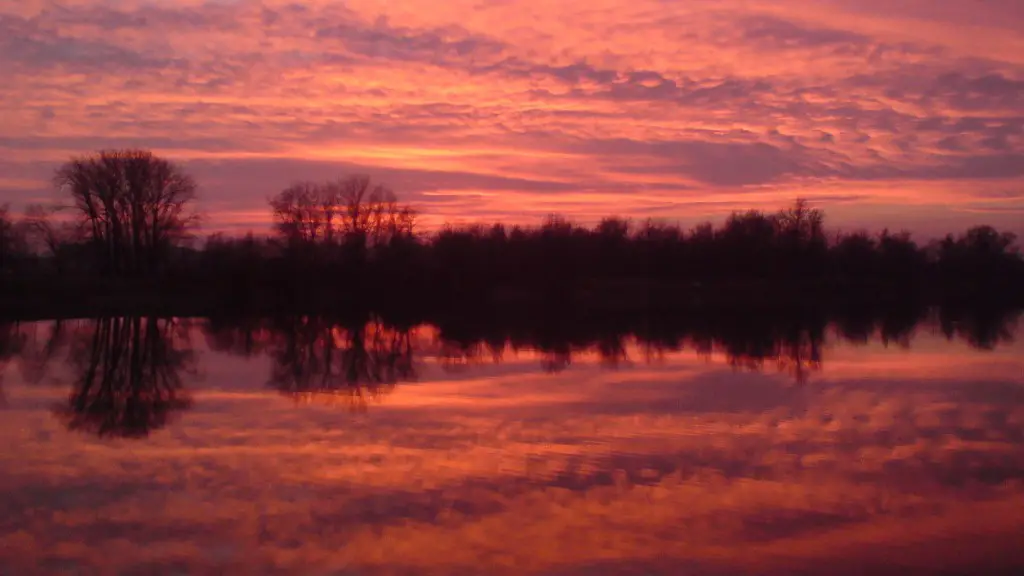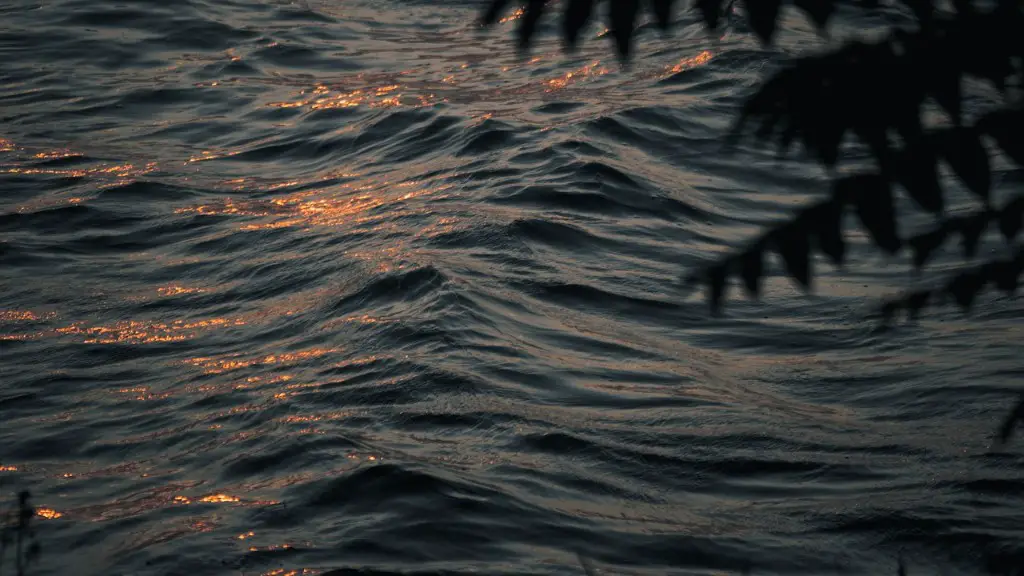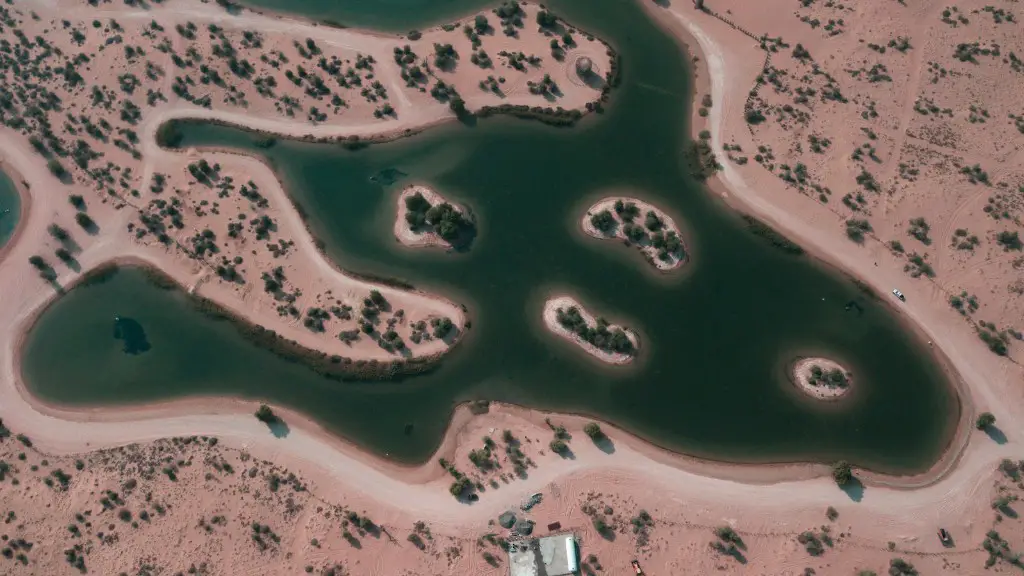Overview
Lake Baikal is the largest freshwater lake in the world. It is located in the south-central Siberian region of Russia, between the regions of Irkutsk and Buryatia. It was declared a UNESCO World Heritage Site in 1996 due to its unique aquatic biodiversity. Lake Baikal is exceptionally deep and long; its depth is estimated at 1620 meters and its diameter at 636 kilometers. It is home to more than 1,700 species of flora and fauna and is the only body of freshwater that contains more than 25% of the world’s freshwater.
Lake Baikal is also one of the oldest lakes in the world, believed to be 25 million years old. It is noted as the planet’s deepest lake with a water volume that is estimated to be 20% of the freshwater on the earth’s surface. Furthermore, it is composed of high-quality drinking water in addition to its high calcium and magnesium content. Its clear waters, the unusual shape of its shoreline, and its stunning landscape make it the ideal spot for travelers. The lake is very sacred to those who reside near it, as its surrounding is filled with myths, legends and tales of ancient creatures that remain unverified.
Environmental Significance
The importance of Lake Baikal to aquatic wildlife and activities make it a target for conservation efforts. It plays a vital role in the East Siberian ecosystem that is home to many species, of which more than 70 percent are endemic species, meaning that they are found only in the lake. The lake also furnishes an important source of livelihood for the people who lived in nearby settlements, particularly in agriculture and fishing.
Scientists have often mentioned that the lake’s ancient and stable water body form the perfect natural laboratory for aquatic ecology and research. Recently, Lake Baikal made news headlines as its own ecosystem is endangered due to climate change. The lake’s water is becoming increasingly warmer and this could lead to the possible extinction of many of its unique species and the ruin of the lake’s ecosystem.
Tourism and Other Activities
The Russian government has taken many steps to preserve the lake and its surrounding environment. Tourists can visit the lake on guided tours, taking part in activities such as boat trips, fishing, and nature walks. Nestled by mountains, the lake contains many sanctuaries, reserves, national parks, and protected areas, making it mandatory for visitors to adhere to certain rules for the conservation of its natural resources. Besides this, the locals of nearby villages also offer activities like horse-riding and hot air ballooning.
The spectacular beauty of Lake Baikal attracts travelers from all around the globe, who come to marvel at its gorgeous landscape, dive into its clear waters, and explore its coastline’s unique rock formations. Visitors can even stay in unique cabins or take part in off-beat tours and experiences, making the lake look like a paradise.
Human Activities Affecting Baikal
Apart from the effects of climate change on Lake Baikal, the effects of human activities have also been a great concern for scientists and the local population. Industrial activities such as garbage dumping, extraction of oil and gas, and construction of mines, have caused considerable damage to the lake’s biodiversity, leading to the rise of many diseases in aquatic life. Moreover, activities that spread pollutants, including sewage, oil and hazardous chemicals, have also caused a decrease in the lake’s water quality, thus impacting its aquatic life.
In recent years, various local and international organizations, such as the World Wildlife Fund, have taken an active part in protecting Lake Baikal. International collaborations and agreements have been struck in order to ensure that industrial activities and tourism do not further damage the lake. This has resulted in the establishment of International Baikal Conservation Zone, that has numerous regulations in place to ensure the lake’s conservation.
Solution
The long-term preservation of the lake’s delicate aquatic environment requires human activity to be closely monitored. Various measures, such as the introduction of effective wastewater treatment plants for industrial and household use, the installation of more efficient stoves in nearby villages, and the introduction of eco-tourism have been implemented with the goal of preserving Lake Baikal’s stunning environment.
In addition, the Russian government is taking an active part in preserving the lake and its incredible biodiversity. Several projects have been launched in order to monitor the quality of the water, reduce industrial pollution, and ensuring that Lake Baikal will continue to be a natural wonder for generations of travelers to come.
Protection of Lake Baikal
The preservation of Lake Baikal is a long-term task that requires international efforts. Several organizations have adopted a measure known as ‘The Lake Baikal Initiative’, which entails the setting of regulations and standards, in order to protect the lake from industrial and human activities. Various countries have also pledged funds to the lake’s protection, and the United Nations has declared Lake Baikal a “World Heritage Site”, with special protection status assigned to it.
Several regional institutions, such as the Lake Baikal Environmental Council, are now in place, devoted to researching the lake’s environmental issues and formulating effective solutions. Research teams conduct regular inspections and surveillance of Lake Baikal to ensure that no human activities are taking place that can cause damage to the ecological balance.
Importance of Lake Baikal
Lake Baikal is a unique body of freshwater and a landmark in Russia and in the world. Its long history and untouched environment make it a natural wonder that inspires respect and appreciation. In addition, the lake is a treasure trove of aquatic biodiversity that serves as a perfect laboratory for modern aquatic research. The ancient legends and myths surrounding the lake add to its mystic beauty, making its name an apt definition of its special and extraordinary place in our world.
The human responsibility towards preserving this natural wonder should never be taken for granted. All efforts, from the local and international institutions, should be collectively put together, in order to protect and preserve the mysterious world of Lake Baikal. This special, ecological place should be treated with utmost care, so that it can remain a natural wonder for generations to come.



